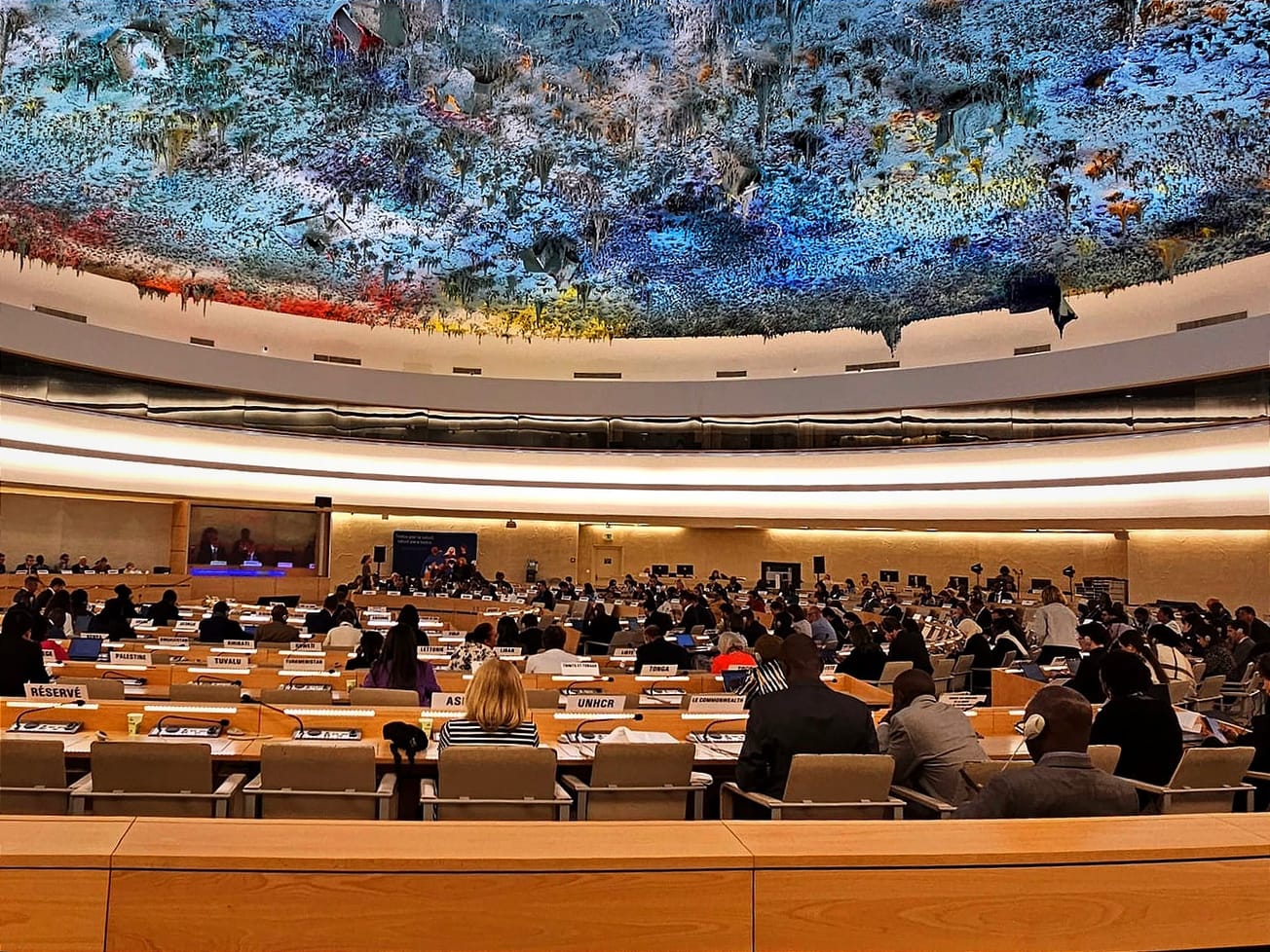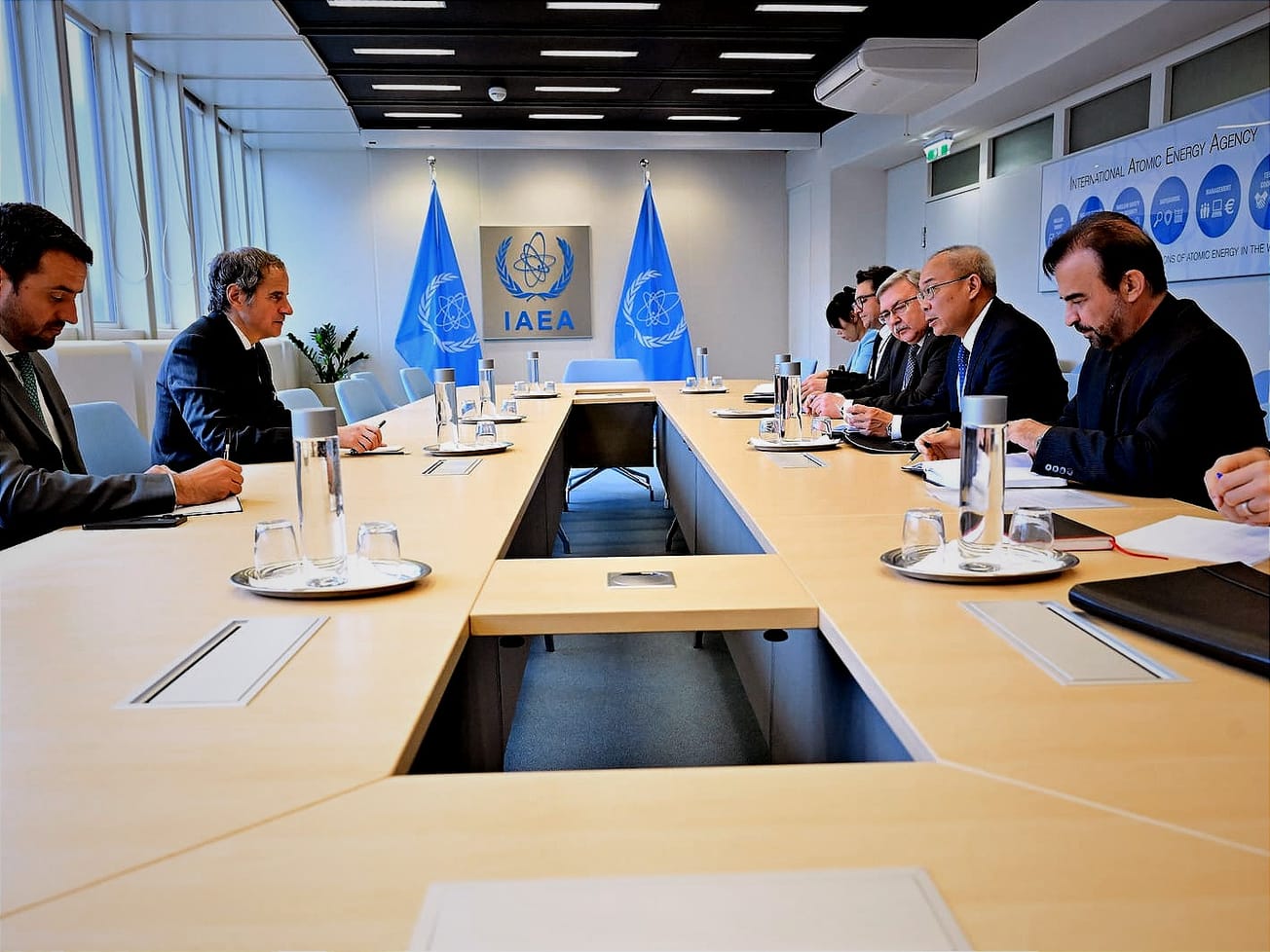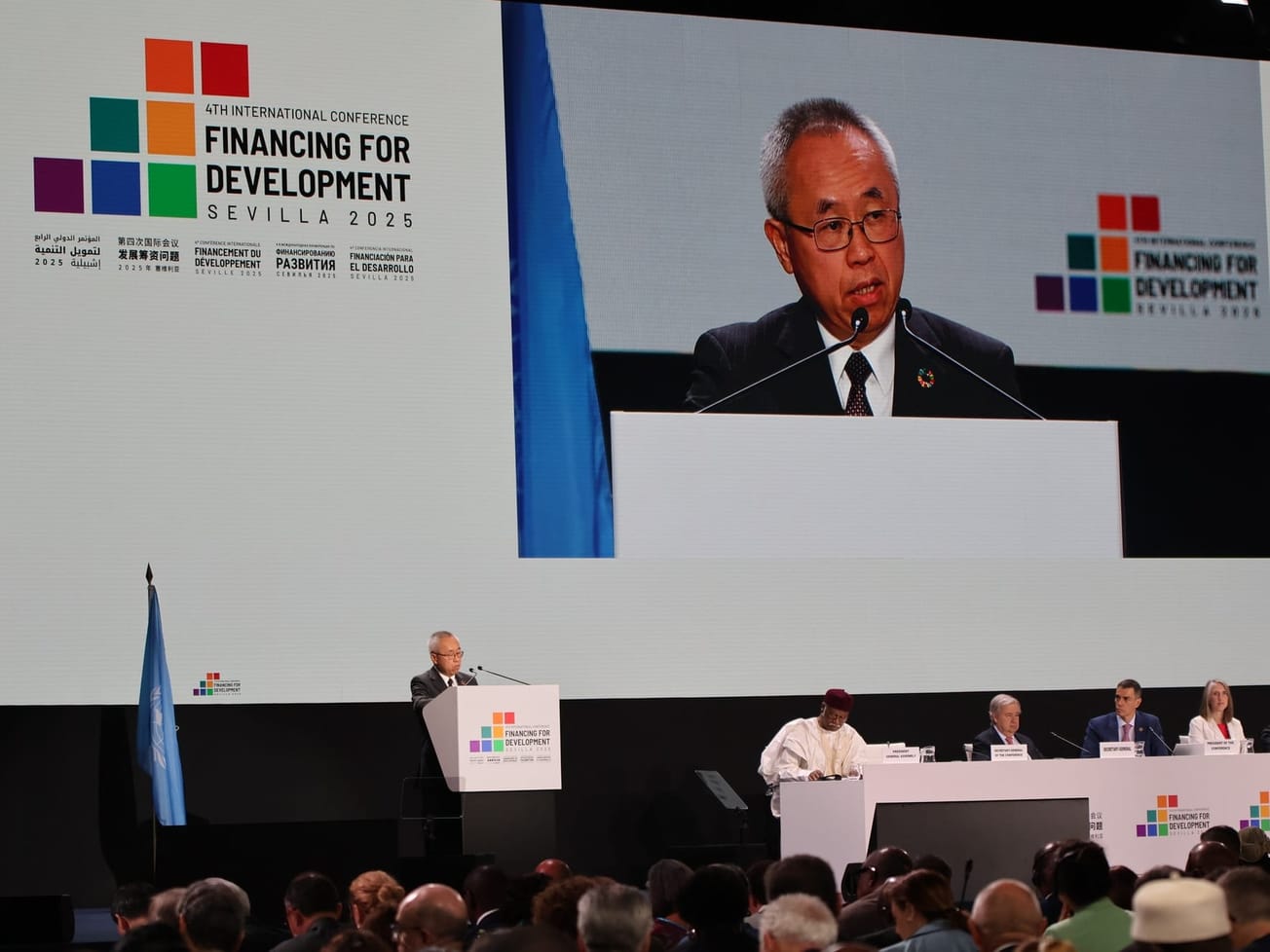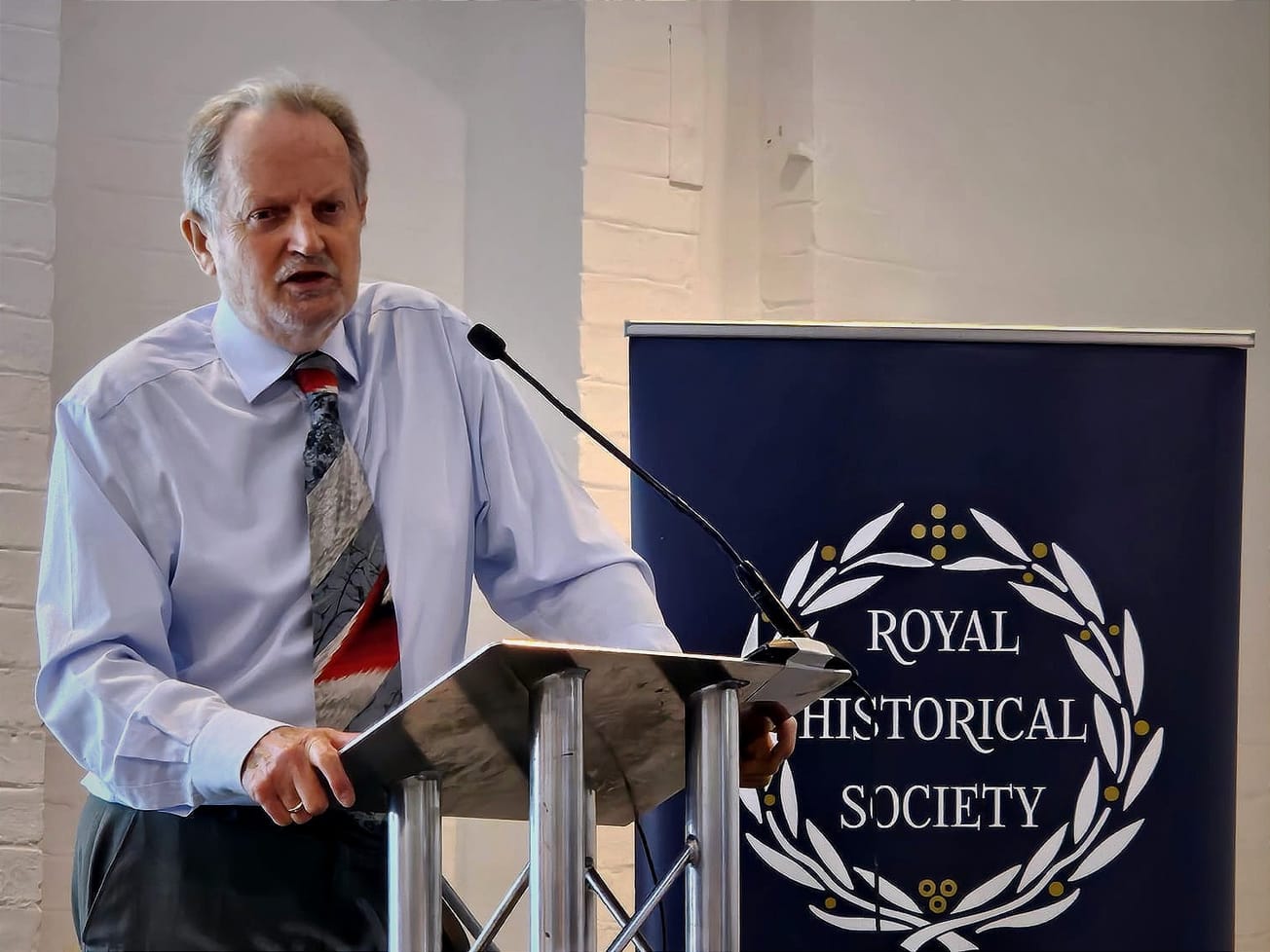Turkish President Recep Tayyip Erdoğan issued a decree on Saturday to withdraw Turkey from Europe's first legally binding treaty on preventing violence against women, a reversal that international organizations and women's rights campaigners had been warning about over the past year.
His decision to pull out of the landmark treaty known as sponsor Council of Europe's Istanbul Convention, which Turkey was the first to sign in 2011 when Erdoğan was prime minister, has angered not only voices from abroad against gender-based violence but also many Turkish women including some of his own relatives. After the decree was issued in the Official Gazette, demonstrations erupted in Istanbul and other Turkish cities.









